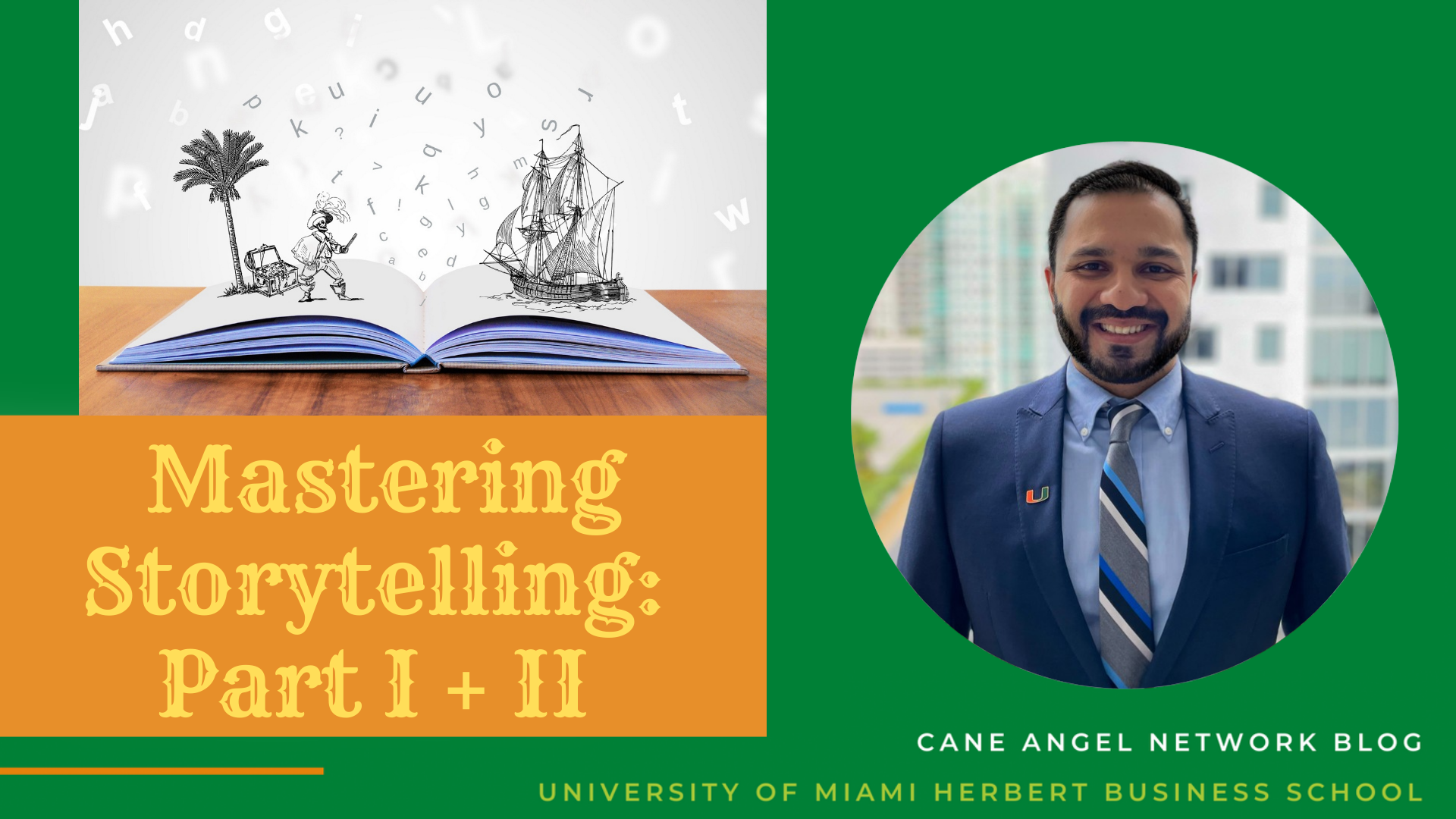
Since the dawn of time, storytelling has been a fundamental part of the human experience. It is how we relate with others while simultaneously nurturing the future. Similarly, storytelling is just as crucial in the world of startups. As founders think about how they are going to build their startup, they must always know why they are building it. So in essence, the importance of storytelling and compelling communication to influence, teach, and connect people and ideas is at the heart of every successful startup.
With the help of Carlos Garcia, Founder and CEO of Kavak and Marcelo Abritta, Co-Founder and CEO of Buser, we outline the most important steps startup founders can take to build and share their startup’s story. The first and foremost being that storytelling needs to be a core capability of all founders and one that should forever improve as the business grows. Now this does not mean every founder must be an expert storyteller; but rather that having a good story can provide founders with a more convincing motivation and drive.
Let’s dive into the core components of what makes a compelling story:
Vision
No story can be created without having at least an outline at first. Likewise, startups require a well-defined vision to be successful. Why your product matters and how you evolve it in the future is critically important in order to attach others to your vision. And the more attached people are to your vision and purpose, the greater they will support it. A founder’s vision should therefore push the edge. The first step for any great founder is to communicate their vision and bring others into the future you envision. Founders who set their aim at changing the world can only do so if they are not afraid to first claim they can actually do so.
Carlos, for example, truly believed that a car changes a person’s life for the better and made it his mission to uplift the middle class by building the largest auto financer in LATAM. What Kavak does may seem reasonable today; but at the time of its inception, it seemed like a crazy idea. As Carlos explained, every founder’s big idea isn’t necessarily relevant or obvious—and that’s precisely why it can change the world, even if the market does not quite understand it at first. The key is to never be discouraged and to convince a few people (i.e. early investors) who are just as crazy as you are that your story is truly game changing. Once this happens, your storytelling shifts to the next stage where the product is built and you have traction in the market. At this point, you are no longer convincing people of the vision like in the previous stage, but rather, you are convincing them about your ambition. Which brings us to the next component…
Strategy
Strategy revolves almost exclusively around the founder’s ambition and is what truly connects their plan to reality. In essence, it is all about how you bring your vision to life. Having a well thought out strategy or roadmap is part and parcel of being a good storyteller as it validates your plan. Envision your future is and then work backwards from there. Create an infinite loop of long-term thinking and don’t be afraid to change/adapt your plans when needed, as stories are meant to evolve.
Part of having a great strategy is also surrounding yourself with people who align with the same level of ambition as you. As Marcelo stated, it is impossible to do anything alone and still incredibly hard even when you have great people around you. However, a common goal can motivate a team to achieve great things. In other words…
Make Everyone a Hero
Marcelo provides the allegory of the Fellowship of the Ring to showcase this fact. Individually, each member in that tale had their respective strengths and motivations to join the Fellowship—yet they all shared the common ambition of destroying the One Ring despite understanding how dangerous that journey would be. Similarly, as founders build their vision, they can get caught up in their own story while disregarding that of their team members. It is therefore critical that founders make every team member a hero within your startup, so they feel equally valued and not just be side actors. In turn, they will be empowered to fulfill your story along with their own.
Another takeaway here is that founders should never sugarcoat anything (whether that’s their own goals or their business metrics) as this directly lines up with their execution and transforming their idea into something tangible. It is important, thus, to create high expectations for everyone in a startup and then over deliver time and time again. Which brings us to the last component…
Pride
Every successful startup has a story that makes every member of that company proud to be part of and it becomes more than “just a job”. Founders must try to change the world with their vision and strategy for execution in a way that is sincere and meaningful. Doing so will not only empower those around you but will instill immense pride within the organization overall. Allow others to share in your victories so they consider themselves winners as well. At the end of the day, that pride will shine through.
This post was written by Sushant Koppikar and Jeffrey Camp. Mr. Koppikar is a member of Cane Angel Network investment team and is pursuing his MBA from the University of Miami graduating in May 2022. Mr. Camp is the Managing Director of the Cane Angel Network.




